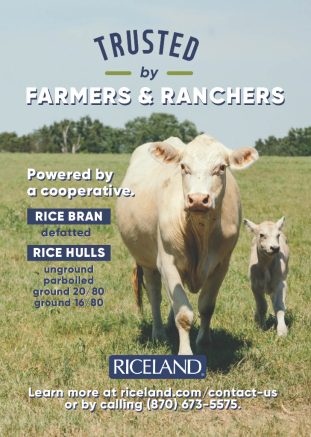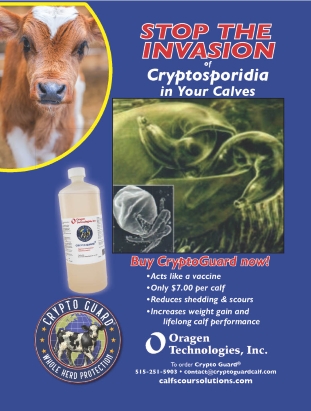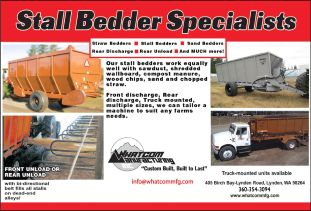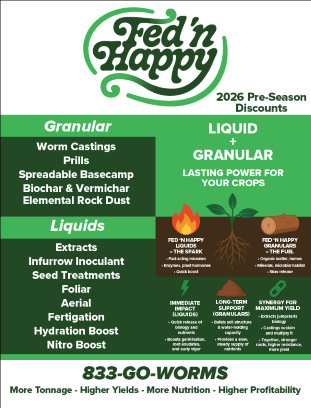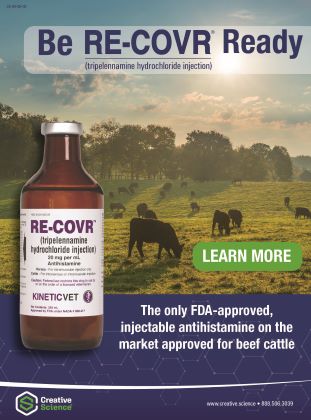New World Screw Worm – Cattlemen and Veterinarians
Today’s topic is the New World Screw Worm. This is likely the most widely discussed health issue in the livestock industry today. Our guest was Dr. Thach Winslow, a technical consultant for beef cattle at Elanco Animal Health. 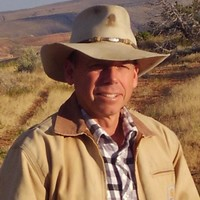
Hello everyone, welcome to Cattlemen & Veterinarians, a partnership with Bovine Health. Our mission is to provide producers with timely information and solutions regarding herd health issues. I am Gale McKinney, owner of American Cattlemen, and my co-host is Dr. Shynia Peterman, DVM, from Lyons Vet Clinic in Lyons, Kansas.
Dr. Thach Winslow resides in Virginia. In his role as a veterinarian, he works with cow-calf and stocker operations throughout the U.S. and is responsible for research and technical support for sales reps and producers. Dr. Winslow earned his bachelor’s degree in animal science from Virginia Polytechnic Institute and State University and his Doctor of Veterinary Medicine from the Virginia-Maryland College of Veterinary Medicine.
The New World Screw Worm, which burrows into live tissue and jeopardizes animal welfare, may once again pose a threat to U.S. cattle production.
Dr. Winslow led us through a detailed discussion of the most recent potential migration of the Screwworm Fly into the United States. Beginning with the history of the Old World Screwworm Fly and contrasting it with the New World Fly, our discussion addresses potential risks, USDA tracking and intervention, as well as common-sense guidance on reporting.
Dr. Winslow indicated he believed the USDA was implementing good monitoring and planning. The following paragraph from the USDA was suggested as a strong statement of the USDA’s vigilance in this matter.
“At USDA, we are focused on fighting the New World Screwworm’s advancement in Mexico. We have made significant progress with our counterparts in Mexico to enhance vital pest surveillance efforts and have intensified sterile fly dispersal efforts. These quick actions by the Trump Administration have improved the conditions to allow the phased reopening of select ports on the Southern Border to livestock trade,” said Secretary Rollins. “We are continuing our posture of increased vigilance and will not rest until we are sure this devastating pest will not harm American ranchers.”
While the Douglas, AZ port presents the lowest risk, based on the geography of Sonora and a long history of effective collaboration between APHIS and Sonora on animal health issues, the USDA intends to reopen additional ports in New Mexico. If it is proven safe to do so, in Texas, over the coming weeks. Additional port openings will be based on APHIS’ continuous reevaluation of the number of cases and potential northward movement of NWS, Mexico’s continued efforts to curb illegal animal movements, and implementation of further rigorous inspection and treatment protocols.
Please make sure to listen to this episode of Cattlemen & Vets. Dr Winslow is a very knowledgeable and engaging industry professional. He provides practical teaching points and advice on this highly watched industry health issue.
Cattlemen & Veterinarians, A Partnership in Bovine Health
For Future or Previous episodes visit our websites:
Cattlemen and Veterinarians: A Partnership in Bovine Health Sponsored by:



